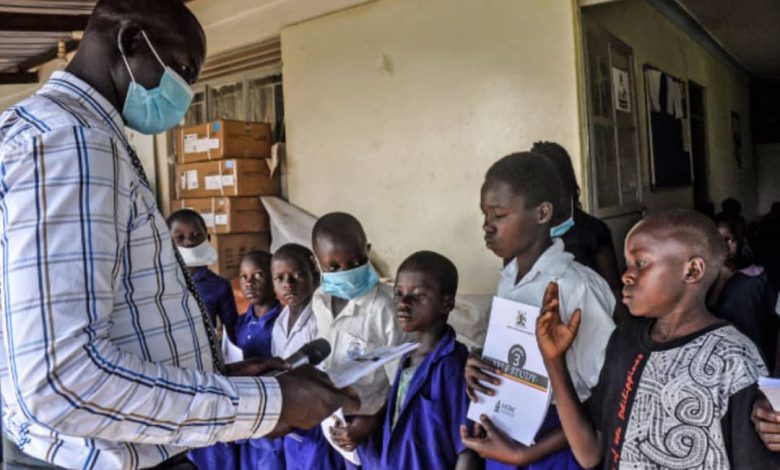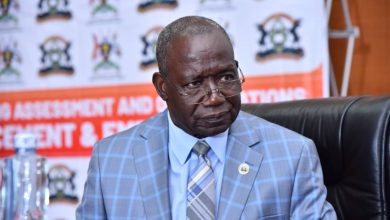Govt Blamed for Increasing Dropout Rates in Uganda’s Public Schools

Education
Uganda’s Universal Primary Education (UPE) program, considered a transformative policy to guarantee free education for all, is increasingly under scrutiny.
Stakeholders are blaming the government for its failure to adequately support public schools, a shortfall that has driven dropout rates to a staggering 34%.
At the heart of the issue lies the government’s inability to fulfill its statutory obligations.
While the Education Act of 2008 mandates the government to provide infrastructure, instructional materials, and staffing, the reality on the ground tells a different story.
Parents, School Management Committees (SMCs), and teachers are being left to shoulder the financial burden, leading to hidden costs that many families cannot afford.
Despite Section 9(1) of the Education Act outlawing fees in UPE schools, stakeholders report that SMCs are resorting to levying additional charges to cover deficits.
According to Maxwell Odongo, Senior Planner for Education and Skilling at the National Planning Authority, these fees—intended for infrastructure, teacher remuneration, and utilities—are a direct result of government inadequacies.
“The hidden costs of UPE are crippling. Most parents, especially in rural areas, cannot afford to pay for what the government should be providing. This has forced many children out of school, leaving their future uncertain,” Odongo explained.
Regulations allow schools in urban areas to levy modest charges, capped at shs 10,400 per pupil annually.
However, stakeholders argue this is grossly insufficient to address the growing needs of overcrowded and underfunded schools.
Menstrual Health Crises and Welfare Challenges
For girls, the challenges are even greater. Menstrual health management remains a neglected issue, severely impacting attendance and academic performance.
Without access to sanitary products or private facilities, many girls skip school during their menstrual cycle or drop out entirely.
Stakeholders say menstruation struggles are rarely talked about, yet every pupil deserves the right to dignity.
They ask the government to prioritize menstrual health management in schools to ensure equal access to education for all.
Zebedee Mwijukye, the District Inspector of Schools in Sheema District, says inadequate provisions for food, clothing, medical care, and transport also exacerbate dropout rates.
“Parents are left to meet these needs, despite being led to believe that UPE is entirely free—a misconception reinforced by political statements,” he said.
However, Musa Birungi, a Senior Education Officer from Basic Education in the Ministry of Education and Sports, called for collective responsibility to enhance the teaching-learning process.
“PTA members need to help the government in the welfare of their learners since it is their mandate to provide for the development fund. So, parents should come on board and address the financial and welfare issues the government cannot provide in time,” Birungi said.
Stakeholders unanimously agree that creating new governance structures is unnecessary.
Instead, existing systems like SMCs and PTAs should be strengthened to provide effective oversight and mobilize resources.
To bridge the gaps, stakeholders are calling for the government to increase the capitation grant per pupil from Shs 20,000 to Shs63,000, as recommended by the National Planning Authority. They also urge development partners to step up their support for basic education.
Uganda’s dropout crisis is a glaring reminder that free education cannot succeed without adequate resources and collaboration. Strengthening child protection measures, improving school infrastructure, and addressing welfare challenges are urgent priorities.




